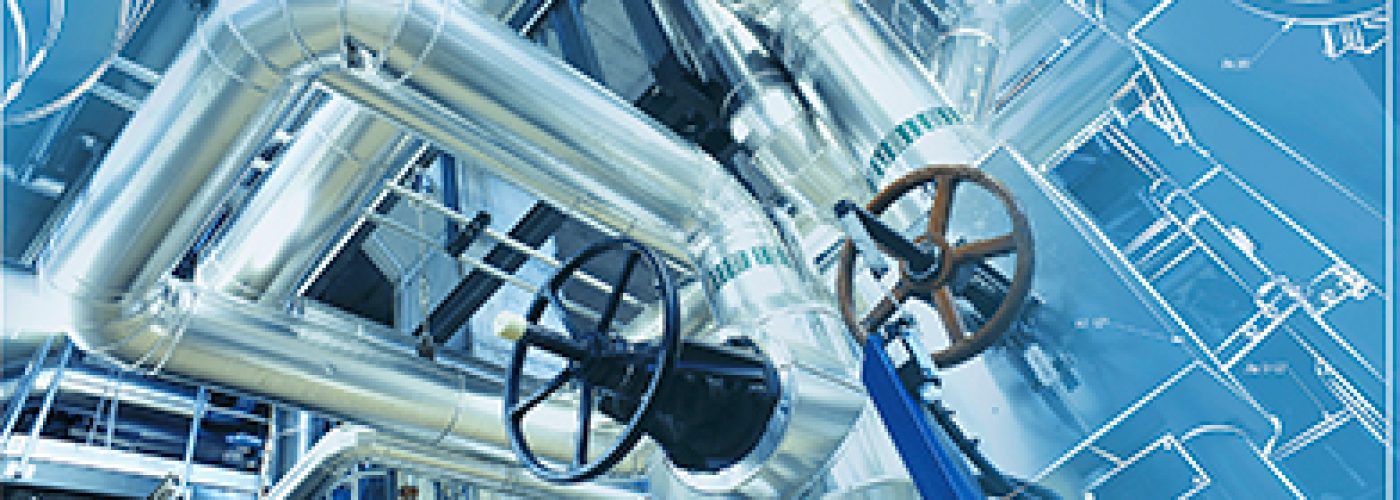Hopefully, the next few months will see a major uptake in many sectors across the UK. I’m not just talking about the throngs descending on the nearest pub garden when opening again (although what a thrill that will be). I’m looking at key sectors which will be attempting to ramp up production and efforts to pre-pandemic levels.
With the likes of the hospitality, tourism & food/drinks industry aggressively pushing to capacity in time for what will hopefully be another great British summer, one area which anyone running operations should be thinking about right now is refrigeration. In cases where a business has been operating minimally or could be ready to push to meet demand, you never want to be caught out with something going wrong. Not only will it disrupt operations, but a broken refrigeration system could come back to bite you with hefty costs and billings; the last thing anyone wants!
Thanks to the refrigeration experts at Star Refrigeration, who are helping businesses throughout the UK have a better understanding of industrial refrigeration, here are some of the key areas a business may want to look at to ensure you are optimising and improving refrigeration as we get closer to summer and units are put to the test. Hopefully, by looking into some of the areas highlighted here, your business may take some preventive measures, or at the very least, talk with your refrigeration suppliers for advice.
Servicing
Let’s start with the most important area first. With everything that has gone in in the last year and a bit, you may have completely forgotten to get your units serviced. If your systems haven’t been used much, you shouldn’t expect to find yourself asking a supplier for any major upgrades. What you should be concerned about are spare parts, or rather, understanding the need for parts after servicing.
Any reputable engineer should be able to carry out a comprehensive check of your system and let you know if anything looks like it may need replacing in the near future. Any business running a bespoke/custom internal system should ask their engineer are there are any unique parts that should be sourced and kept spare in case of emergency. It’s one of those cases where a minor cost now could help prevent losses when something goes wrong.
Also, ask your engineers if any areas within your system require routine/out of hours maintenance. For example, you may have pumps or condensers in desperate need of maintenance checks which can’t be down during normal hours. Once again, it’s a case of after-hours work saving you in the long run.
Planning
Anyone who knows their stuff should have contingency planning in place when working with chillers. I like to pose the importance of planning with an example dilemma: Imagine you were making 100 litres of ice cream on a summer’s day, when suddenly your chillers all stop working. Would you be able to instantly know how long it will take to get those chillers working again, how much product you’ll be expected to lose, and what temporary solutions you have instant access to?
It is surprising to me how many business owners don’t have emergency planning in place. You might be lucky that your refrigeration company has some level of contingencies as standard. Still, I highly recommend you get in touch and ask.
If they don’t, ask why and how much it will cost to have a full site survey carried out.
Bill Management
Last but by no means least, I want you to look into bill management. If your company has been keeping costs to a minimum these last few months, and you’re expected to use refrigeration more in the next few months, get in touch with your provider and ask if they offer any form of system monitoring or analysis. Like a watched pot not boiling, unmonitored units can see your bills soar.
Star Refrigeration estimates that “90% of energy costs in the cold storage sector can be attributed to refrigeration”. Most people would never imagine it being so high!
Contact your provider
Now that you’ve read through this, I hope you have come to realise that all these efforts boil down to getting in touch with your suppliers and asking them what supportive services they provide. It’s always a case of “don’t ask, don’t get”, and a simple call is the easiest way to keep refrigeration bills down at a time of year when dependency is at its highest.





